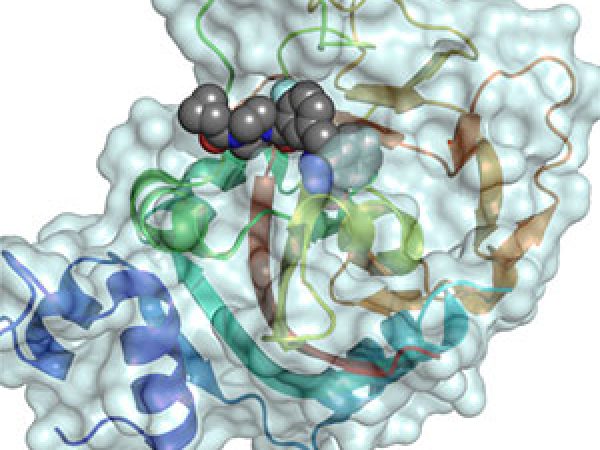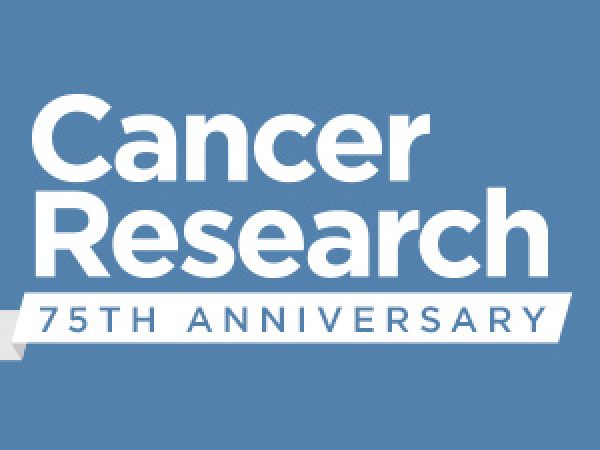Q&A: Ned Sharpless on His Vision for NCI
Norman E. “Ned” Sharpless, MD, who became director of the National Cancer Institute in October 2017, recently unveiled areas of opportunity that he believes are particularly important for accelerating cancer research. Although these are not new themes for NCI, he believes the time is ripe for a laser-sharp focus on these four areas, based on scientific and technological trends, where the breadth and reach of NCI can play a unique role and where NCI’s resources, convening power, and leadership can act as catalysts. “If we intensify our focus on these areas, the research community can seize critical opportunities for achieving rapid and meaningful progress in cancer research and care,” he says. He recently spoke with Cancer Discovery’s Suzanne Rose about his vision for the agency.
This interview originally appeared on the Cancer Discovery website.
What are your current priorities for NCI?
The first key focus area is training and development of the workforce. We need to maximize our attention on who is conducting research and providing patient care, and how they are trained. One of NCI’s most important responsibilities is to ensure a talented and innovative workforce for the decades ahead. That means attracting, training, and retaining the best and the brightest from diverse backgrounds.
A second key area is an invigorated focus on basic science to increase understanding of the molecular basis of cancer and drive novel approaches and technologies. NCI has a large investment in translational and disease-specific research, but we cannot afford to bypass the basic science step. One immediate way in which we will support basic science is through increased funding for extramural investigator-initiated science, in the form of individual and program project grants such as R01s and P01s, respectively.
The third focus is catalyzing big data technologies to add speed and dimension to our work to better inform cancer research and care. We need to set standards for collecting data to make them more usable. Without intentional standardized aggregation, we are not taking true advantage of the data nor fully realizing the incredible promise of precision oncology.
Finally, the fourth area of focus is clinical trials. Clinical trials are the fundamental means for making progress in cancer treatment and prevention, but they are challenging to undertake in the current research environment. We need to modernize our thinking when designing trials to make them work better for patients and providers.
How do your priorities differ from what NCI has been doing?
The focus areas aren’t necessarily new ideas. It’s about bringing a new lens to how NCI can do its work to deliver on our mission to help patients with cancer live longer, healthier lives. When we put the patient front and center in approaching our work, we will really begin to see faster progress.
Let me add that focusing on these four areas doesn’t mean other areas of research will be forgotten. Far from it. The fact is that NCI plays a vital leadership role for research and progress that spans the entire research continuum and we will—and must—remain committed to that mission. As I see it, these are areas of opportunity and where we need to intensify our efforts.
How does NCI plan to encourage young, talented scientists to pursue careers in cancer research?
Although we are looking at ways to help cancer researchers at all career stages, we appreciate that there are particular issues for early-stage investigators and we will provide funding to increase R01 support for that group. But it’s more than just providing funding. It’s also focusing on developing the right skills for today’s cancer researcher. Training in immunology, expertise in data science, competency in population studies and community-engaged research methodologies, for example, are skill areas we are investing in to ensure scientists can meet the challenges of today’s research landscape. We must also look at enhancing the research environment, including reducing the administrative burden, to ensure that young scientists don’t get discouraged and leave for other careers.
How will Big Data advance cancer research and care?
By aggregating different types of data from large samples of patients—for example, linking genomic, pathology, radiology, and clinical data mined by machine learning—critical relationships between cancer type and treatment that otherwise would not emerge from traditional analyses may become obvious. It will help us with difficult-to-treat and rare cancers where our understanding needs to develop so we can offer better options to patients.
A harmonized approach to big data will allow us to learn from every patient—those we have successfully treated as well as those we have failed to help. All patients have valuable experiences that can shed light on cancer research. We owe it to our patients to make progress against all cancers, not just some of them.
How do you envision supporting innovative clinical trial design?
Simply put, I recommend we bring new thinking to the way we conduct clinical trials and support a more efficient system. For example, making the right kind of trials available in community settings where patients live will encourage more patients to participate and take advantage of state-of-the-art therapies—and will boost enrollment. Eliminating unnecessary exclusion criteria and confusing consent forms will also increase trial accrual rates. Prioritizing trials to avoid diluting the participant pool, and designing trials to be faster at finding ineffective agents, will enable investigators to concentrate on testing only the most effective drugs.




